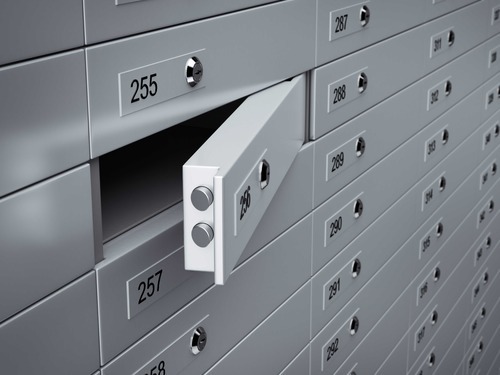The Reserve Bank of India (RBI) has made Bank Locker Rules standard. Under this, banks have been allowed to take a term deposit equal to three years’ rent and charges of the locker from the customer.
New Delhi. Reserve Bank of India (RBI) has recently issued new rules regarding safe deposit locker and safe custody article facility provided by banks. For this, RBI has taken into account the changes in banking and technology, customer complaints and suggestions from banks as well as the Indian Banks Association (IBA). Under this, even if you do not have any transaction with any bank, you can be given the facility of a locker after following all the rules. If you understand in simple words, now it is not necessary to have your bank account in any particular bank to get locker facility. The new instructions of RBI will be applicable from 2022.
Banks will be able to take term deposit at the time of giving the locker. There may be times in front of banks that the customer does not operate the locker nor pays the rent. In such a situation, banks will now be able to take Term Deposit at the time of locker allotment to ensure the payment of locker rent. This will be equivalent to three years’ rent and charges. Apart from this, in case of any unforeseen situation, the bank will also be able to open the locker. However, existing locker holders and operative account holders of banks will not have to pay term deposits. At the same time, now the bank will have to give notice in two newspapers in case of branch merger, closure or shifting. Also, the customers will have to give at least two months intimation with the option to change or close the locker.
The liability of the bank will be up to 100 times the amount of the rent,
in case of unprepared shifting due to any emergency or natural calamity, the bank will inform the customers at the earliest. The Bank will not be liable for any damages caused by earthquake, flood, lightning, storm or the customer’s fault or negligence. However, banks will have to make elaborate arrangements to protect the premises from such situations. Banks cannot claim that they are not liable to the customers for the loss of the contents of the locker. In case of loss due to fraud on the part of the employee of the bank, the liability of the bank will be equal to 100 times the current rent of the locker. The central bank has said that the bank should have a policy approved by the board for settlement of claims. Banks have also been asked to make a policy for nomination and giving locker items to the nominee.


